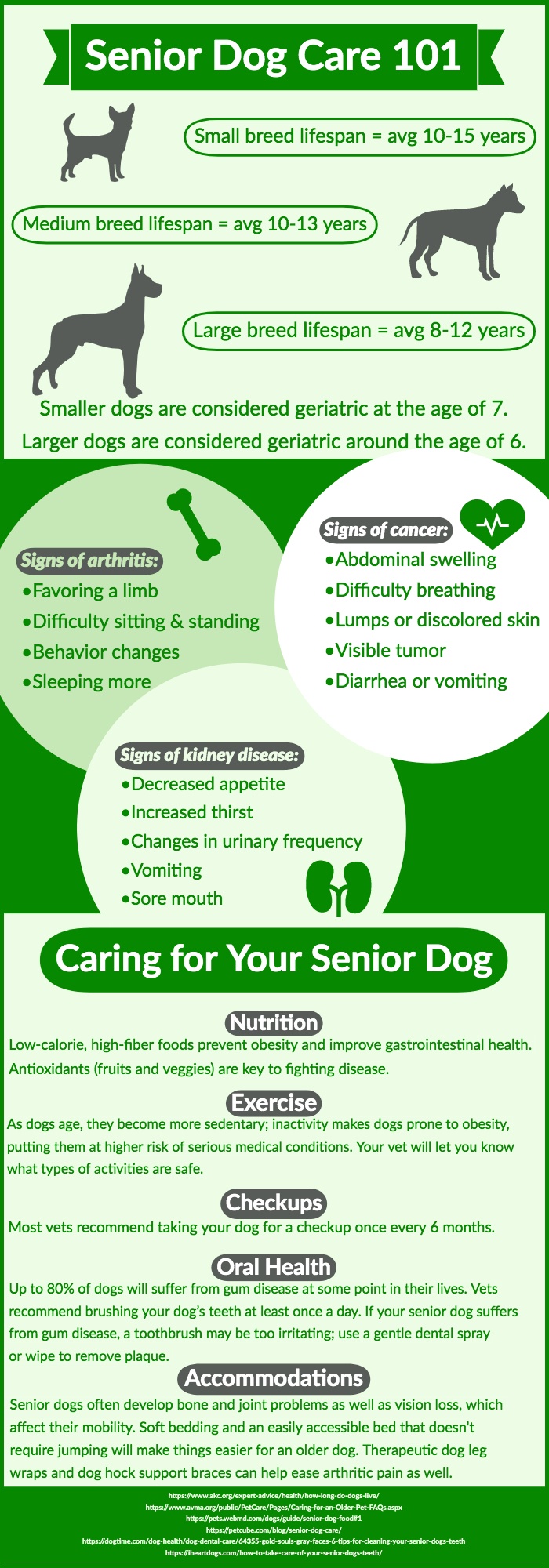Dogs in childcare get lots of workout, socializing with various other canines and unique experiences. This can be specifically practical for puppies and pets with behavior problems.
There are numerous lawful factors to consider you need to take into consideration when beginning a dog childcare organization. These include the structure of your business and compliance with government policies.
1. Dog Distemper
Canine distemper is spread out with direct contact with the physical liquids and waste of a contaminated pet, but it can also be transmitted via shared water and food bowls or through airborne droplets. This extremely infectious ailment is most unsafe for pups, but it can impact dogs of any age and is fatal for many if left neglected.
Initial symptoms of canine distemper frequently imitate a cold, including runny eyes and nose with watery or pus-like discharge. As the disease progresses, a dog will develop fever, coughing, lowered hunger, vomiting and diarrhea. The virus can also attack the nervous system, resulting in seizures, shivering and partial or full paralysis.
Reliable daycares reduce exposure to infection by requiring inoculations, regular health examinations and adhere to rigorous health procedures. If your pup seems overly tired or hopping, a day off may help him recoup, yet you need to stay clear of taking him back to day care up until these signs clean up.
2. Kennel Cough
Kennel cough, additionally called contagious canine tracheobronchitis or Bordetella, is a highly contagious viral or bacterial condition that impacts the breathing tract. It's commonly moved via the exchange of saliva or air beads that an ill canine exhales. Social pets go to higher risk for infection due to their frequent communication with each other, such as when they play, share food or water, sniff each other or merely satisfy in a congested environment like a pet park or childcare.
The most common signs and symptom of kennel coughing is a persistent and strong coughing that sounds like something embeded the throat or retching. Commonly, canines will divulge foamy white phlegm. If left untreated, a pet can establish pneumonia and be at serious threat forever.
A respectable daycare center must have strict cleansing and sanitation methods, sterilize all toys, food and water bowls frequently, and be open about their inoculation policies. Maintaining your pet dog up to day on their inoculations, specifically for bordetella and canine flu, will significantly lower their possibilities of contracting the health problem.
3. Parvovirus
Canine parvovirus, or parvo, is a highly transmittable viral disease that can be deadly for pups and young adult pets with bad body immune systems. It's most typically spread out by direct contact with infected pet dog feces-- which can happen when canines smell, lick, or taste contaminated feces-- and indirectly from polluted individuals, objects, or settings (like kennels, brushing areas and yards). Puppies and pet dogs without complete inoculation histories are specifically vulnerable to parvo.
The infection is extremely resistant, surviving in the atmosphere for up to 9 years, and can easily be transferred in between canines by contact with feces or on footwear, clothes, and bed linens contaminated with parvovirus. Otherwise treated promptly with IV fluids, electrolyte balance, throwing up control medications and anti-biotics to prevent additional microbial infections, a canine will swiftly dehydrate and establish extreme diarrhea, which brings about shock and sepsis. Parvo is tough to cure when a pet has come to be ill, but with suitable vet care, lots of pups do survive this health problem.
4. Pooch Influenza
Dog flu dog daycares near me virus is highly infectious and spreads via direct get in touch with, sharing food and water bowls, licking or nuzzling other canines, with air-borne droplets, and with polluted surfaces. Vaccination works in reducing the danger of infection and break outs.
Most impacted pets develop a mild breathing infection with a coughing that lasts 1-3 weeks. They might also have nasal and ocular discharge, sneezing, and sleepiness. Several of the most major instances result in pneumonia and a high fever.
If your canine shows any one of these symptoms, do not bring them back to day care till they are healthy and balanced. If your dog is showing indications of extreme exhaustion or hopping, speak with your vet today and make sure they are on health supplements to assist construct their resistance. A veterinarian will examine your pet for signs and symptoms of the flu by taking a sample from the nose or throat, and blood tests can be done to validate.
